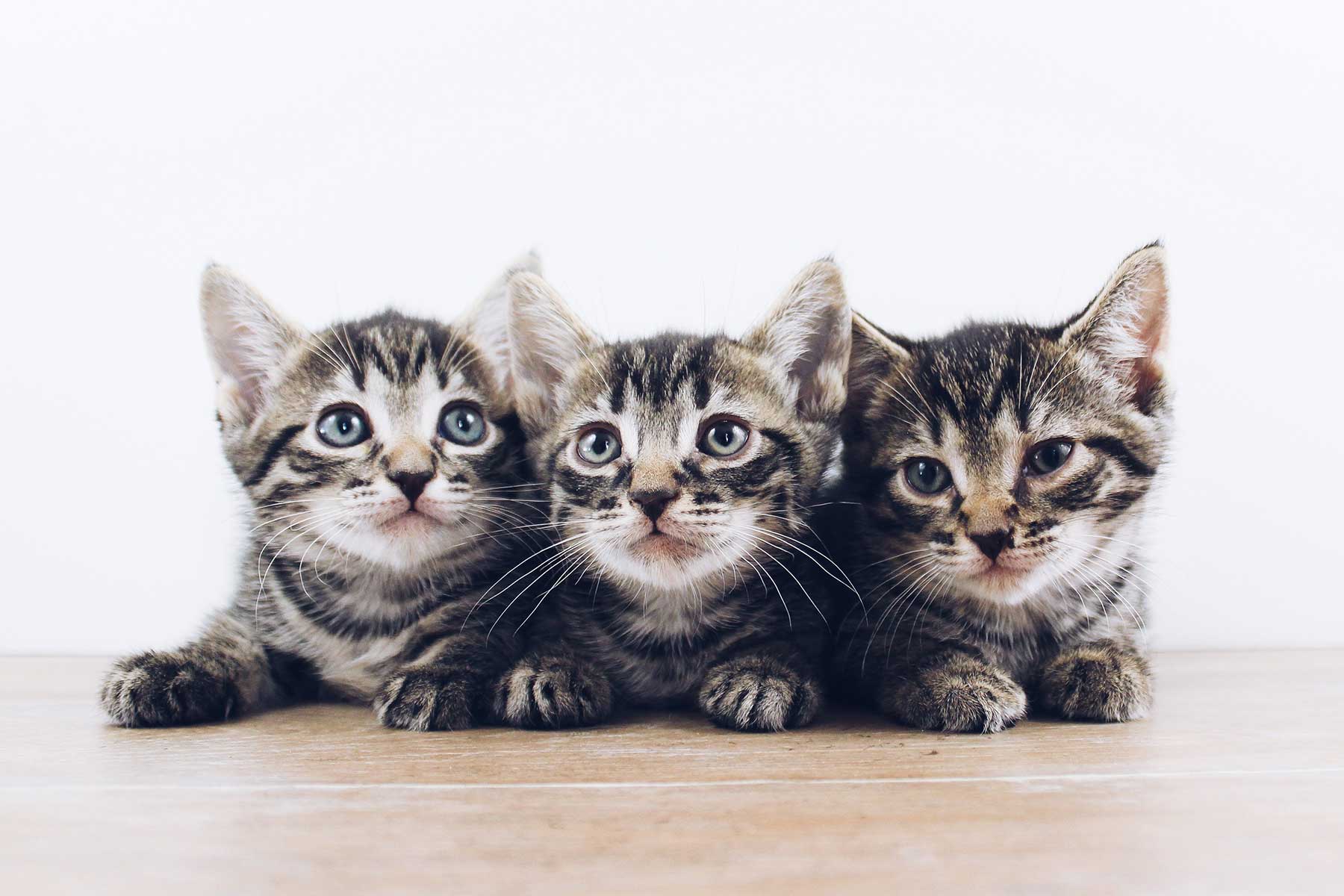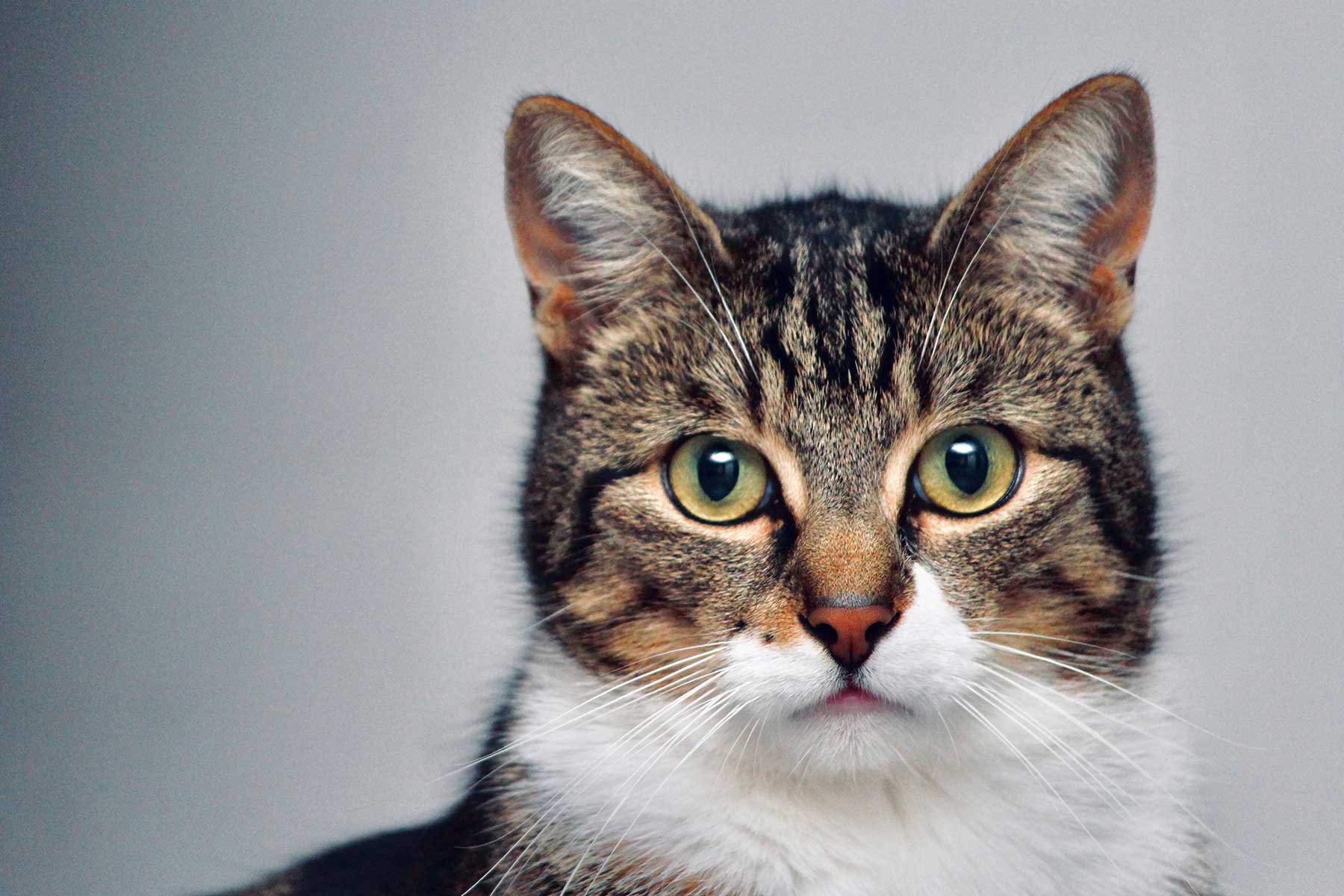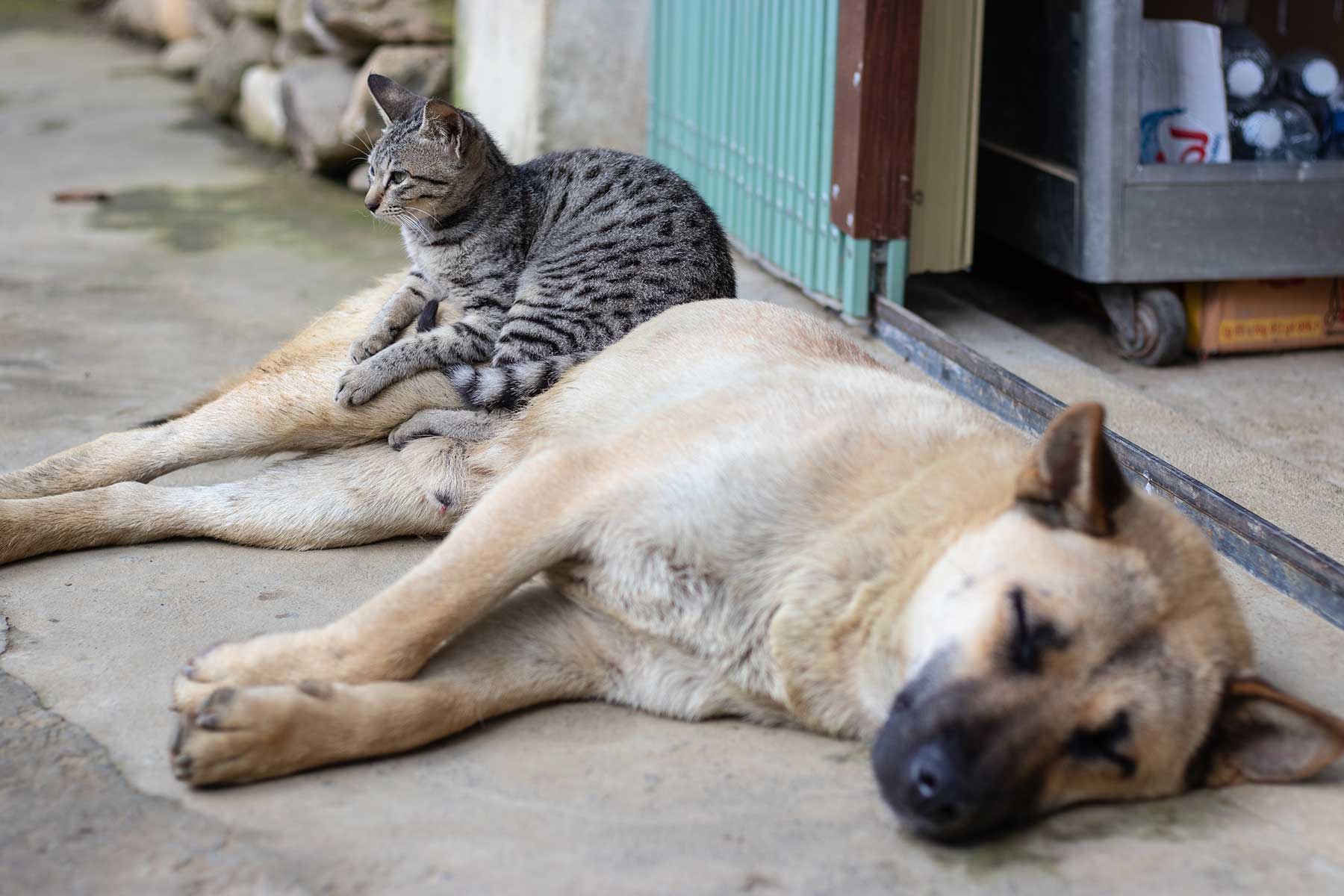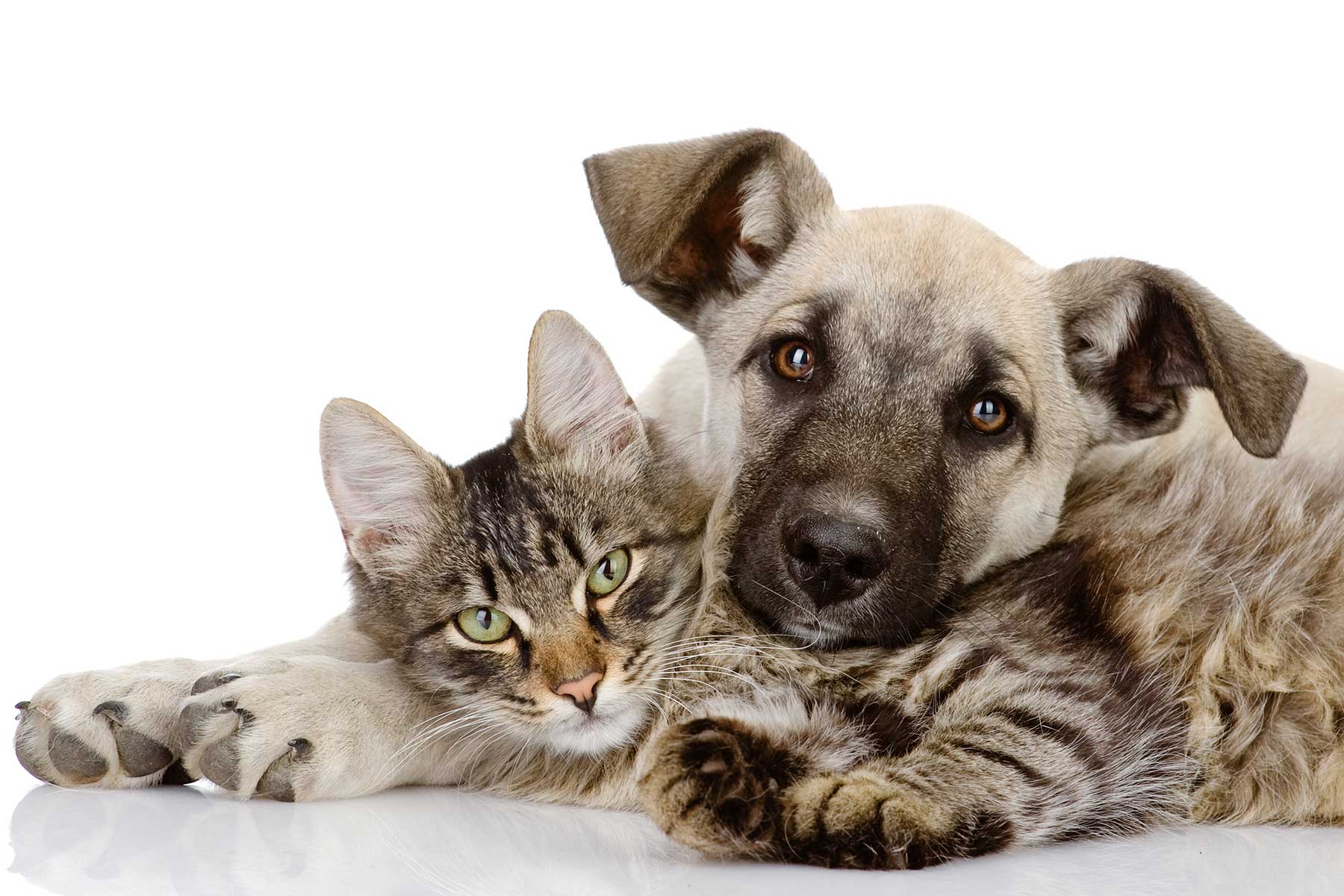Birds get stressed too!
Stress can be defined as the physiological response of a bird to a situation that causes it strain or tension, such as overcrowding, too high or too low temperature and/or humidity, and the inability to hide from real or imagined threats.
There are two types of stress – physical and psychological. Physical stress can be principally divided again into two types: emergency stress, such as a situation that poses an immediate threat, and continuing stress such as overcrowding in a cage. Stress can be beneficial as it keeps the bird alert and allows it to react more competently to an emergency.
A bird reacts to emergency stress, such as you trying to catch it, by releasing a large amount of adrenaline into the blood stream. This has the effect of raising the blood pressure, emptying sugar supplies into the blood stream and dilating the blood vessels in the muscles to give them immediate use of this energy – such as flying away.
If stress is overwhelming, such as in the case of an uncontrollable infectious disease, exhaustion of the adrenal gland sets in, usually with fatal results.
A review of the most common cause of death in birds in one zoological collection showed that most of the disease factors were of relatively low virulence indicating the pre-disposing factors such as stress added to the circumstances that allowed these opportunists to cause death.
Stress in birds can be reduced by recognising some of their basic needs.
- Cages should be designed with visual barriers that allow the birds to hide from real or imagined threats.
- Noisy species may upset shyer birds who perceive that the frequent noise indicates the constant presence of danger. Housing these species in separate areas may increase breeding.
- In birds such as Sulphur-Crested Cockatoos, where same-species aggression is common, cages should have retreats where the submissive bird can hide.
- Boredom is another cause of stress, particularly in the more active and intelligent parrots.
- To reduce the stress of moving a bird from a dark box to open spaces, a portion of the cage should be covered with white sheeting and gradually removed.
- Attempts to change the diet are not recommended during times of stress for the birds, such as during quarantine.
- Feather problems with new birds often result from stress and will be indicated by stress lines in the feathers.
- Egg binding appears to be more common after stress, such as cold weather.
- Suppression of the immune system appears to playa major role in the formation of many diseases.
Simple Stress Check List
- Suitable cage
- Not overcrowded
- Compatible neighbour
- Adequate and nutritious diet
- Fresh Water
- Suitable perches
- Not too hot or cold
- Some degree of solitude and rest
- Compatible Mate
- Clean and sanitary environment
- No cats, dogs, hawks, etc.
- Vitamin and Mineral supplements
- Parasite Control
- Suitable handling
- Suitable travelling arrangements











